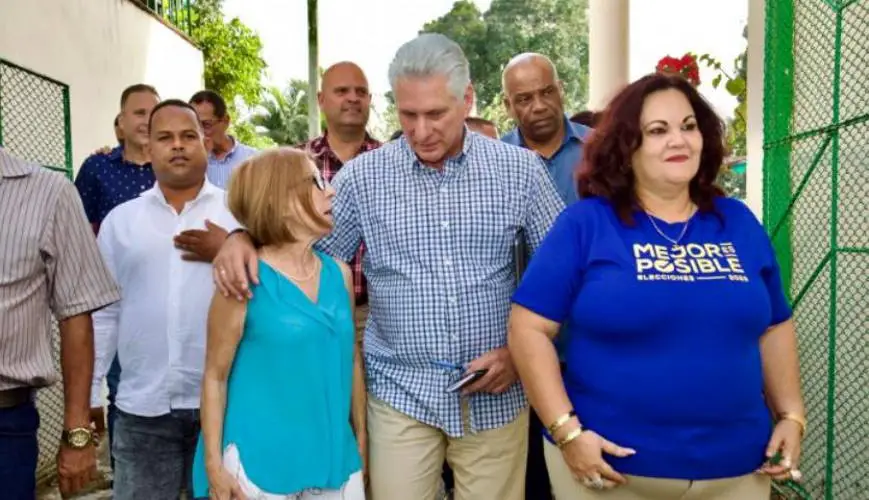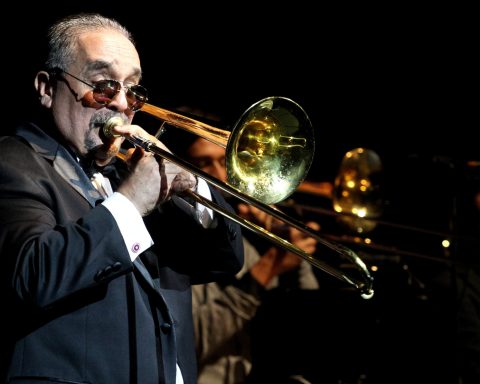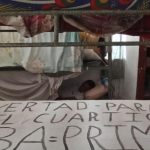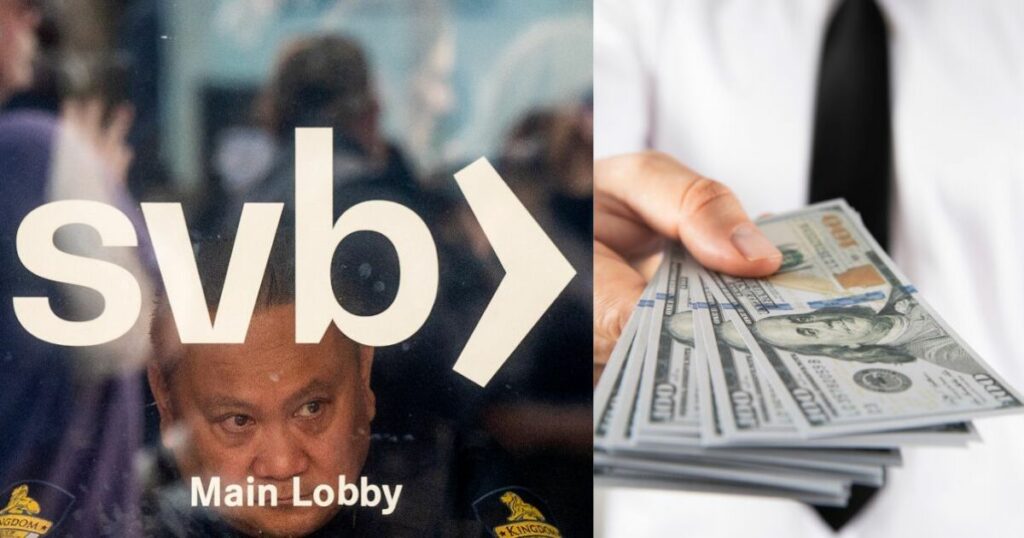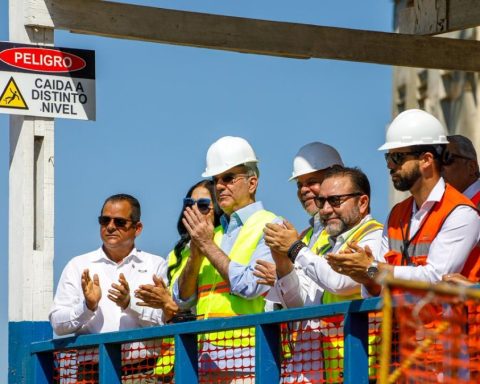Havana Cuba. — In recent days, the media have echoed a new episode of revolutionary zeal and enthusiasm: the Castroites, excellent specialists in doing charity with other people’s pockets, have once again come up with set an upper limit to the prices of agricultural products, specifically in the province of Villa Clara.
It is true that the Santa Clara bosses have not overlooked the linguistic aspect of the issue: they no longer speak of “capped prices”, but “concerted”. Euphemisms aside, the only result that can be expected —in principle— is that the fiascos of previous similar episodes be repeated, and that my colleague Orlando Freire Santana, in these same pages, defined with a lapidary phrase: “empty pallets and assortments of poor quality ”.
Is it “more of the same”? I repeat that, in principle, one tends to answer yes. But behold, a new factor enters the equation that should not be underestimated: As a candidate for deputy for the city of Santa Clara, among others, the compatriot who holds the two titles that represent the pinnacle of power: those of Secretary General in the only party and President of the Republic.
It is true that Díaz-Canel himself has been in charge of adopting secondary poses: in the information about the rare events in which he coincides with Army General Raúl Castro, he is mentioned in the first place without fail. To justify the unusual measure, an unofficial title is attributed to him: that of “Leader of the Revolution.”
But it is also true that, although all the candidates are supposed to represent the Homeland and, according to communist rhetoric, “all are equal to each other”, in this matter it is also worth remembering another of the geniuses of George Orwell. I am referring to when the British writer completed that demagogic phrase with a winged expression: “but some are more equal than others”.
This seems to be the case of Miguel Díaz-Canel Bermúdez, who along with his companions on the ballot (although the highlight, of course, is always for the First Secretary and President), appears every other day in reports that, in a way Inevitably, the National Television Newscast airs at different times of each day.
It should be noted that, in this regard, the same treatment is not given to Raúl Castro. The same can be said of Manuel Marrero, Esteban Lazo, Ramiro Valdés or José Ramón Machado Ventura. Something is said about them, who also appear in reports along with their companions on the ballot. But they do it to a much lesser extent than Díaz-Canel.
This real situation leads us to think that, given his status as the regime’s figurehead, the communists are especially interested in his obtaining good results in the voting on the coming March 26. A high percentage of abstention would be counterproductive. It would also be true if those who, out of fear or coercion, do vote, choose to do so (evil they are!) only in favor of one or more other candidates, and not the formal boss.
In this context, it would make some sense to resort to populist measures such as the one mentioned above, especially when in a specific and isolated case (such as that of the city of Marta Abréu and Leoncio Vidal) there would be the possibility of alleviating the negative results of the ceiling (sorry, I meant to say, the “agreed prices”).
In his capacity as head honcho, the now candidate would not find it difficult to concentrate some of the dwindling resources that the State has. In such a case, he could converge on his hometown a higher proportion of the limited agricultural products handled by Acopio and other bureaucratic mechanisms. These, ultimately, are under his personal control.
In this context, what was published on the 12th in Vanguard, organ of Castroism in Villa Clara, by Chábeli Rodríguez García. In her journalistic work, and referring to price caps, the colleague echoes some critical opinions coming from the “people”, whom she describes as the “main beneficiary of the new Resolution”.
There, an ordinary Cuban objects: “The prices are somewhat different, but there is no rice or flour.” Another points out: “Albertico, the governor, spoke very nicely. You really have to lower prices, but he has to come from the roots, from below ”. Who knows if, at least on this occasion, the recently adopted populist measure in Villa Clara has less bad effects than on other occasions?
In such a case, the discreet optimism shown by Chábeli could come true at least in part. What Diaz-Canel said during his marathon of public appearances, which I suppose are not an electoral campaign, could also be justified. Because the latter are prohibited by the Electoral Law Cuban. Or not!
OPINION ARTICLE
The opinions expressed in this article are the sole responsibility of the person who issues them and do not necessarily represent the opinion of CubaNet.
